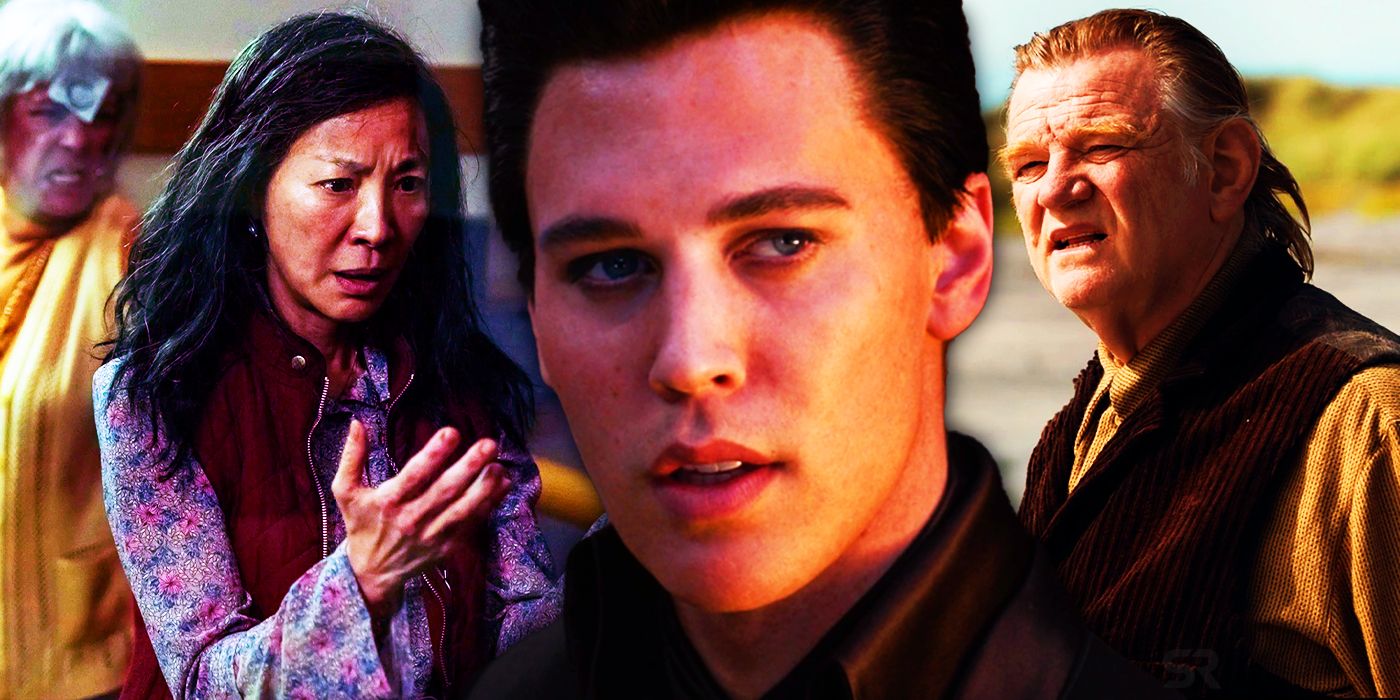Rotten Tomatoes has long been one of the biggest review aggregators around, begging the question of whether it can be used to predict the Best Picture winner at the Oscars. While movie reviews are highly subjective, it’s often the case that the better-reviewed a movie is, the higher quality and more successful it will be. This often shows itself in the movies with the best reviews garnering great box office or streaming numbers. Because of that, review aggregators like Rotten Tomatoes that make it easy for people to know how a movie is being received are an invaluable part of a movie’s potential success.
Review aggregators like Rotten Tomatoes often play a big part in a movie’s success, so it would make sense for Rotten Tomatoes to also play a part in awarding Best Picture at the 95th Academy Awards. It’s often the case that the best-reviewed movies are the ones to be nominated for Academy Awards, so by that logic, it would make sense for the movie with the best reviews—in this case, The Banshees of Inisherin—to end up as the ultimate winner. That being said, the Oscars are rarely ever as simple as that.
Rotten Tomatoes Critic Scores Don’t Predict Best Picture
The simple answer about the relationship between Rotten Tomatoes and Best Picture is that a movie’s Rotten Tomatoes score does nothing to predict the winner. Best Picture winner Coda, for example, had a high score of 94% on Rotten Tomatoes, but that wasn’t the highest score of its year, as HBO Max's Drive My Car surpassed it with a 97% rating. The same thing happened with Best Picture winners Nomadland and The Shape of Water, as both won without having the highest ratings of their years. Based on these examples and others, there shouldn't be a direct correlation between a movie’s Rotten Tomatoes score and its chances at Best Picture.
That’s not to say the movie with the best Rotten Tomatoes score never wins Best Picture, of course. Parasite, for example, had the highest Rotten Tomatoes score among the nominees for the 92nd Academy Awards, and it won Best Picture. This was also the case for Barry Jenkins' Moonlight at the 89th Academy Awards, as it won Best Picture while also being the highest rated movie among the nominees, so there are occasions where the highest rated movie does win Best Picture. Even so, there are still plenty of examples where the movie with the highest rating didn’t win Best Picture, so it still clearly doesn’t guarantee anything.
What This Means About The Academy Awards
There isn’t a direct correlation between a movie’s Rotten Tomatoes score and its chances of winning an Oscar, which means that the Academy Awards come down solely to the Academy of Motion Picture Arts and Sciences. Thousands of people worldwide collectively all make up the Academy, and whenever it’s time for voting for the Academy Awards, they all submit their votes to decide the winners of each category. The process is as subjective as any other voting process, so Rotten Tomatoes or any other review aggregators shouldn’t be expected to factor into their decisions.
The subjectivity of the voting process does a lot to help keep things fair. With critical reviews on Rotten Tomatoes and other sites not being a factor, that means the winners come down solely to what the voters saw and liked the most as opposed to what received the most critical praise, and while they could easily vote for the most critically-acclaimed movies, they could just as easily vote for something that received less praise and attention by comparison. Every 2023 Oscars nominee has an equal chance at winning an Oscar for Best Picture that way, and that both keeps things fair and helps keep things exciting.



